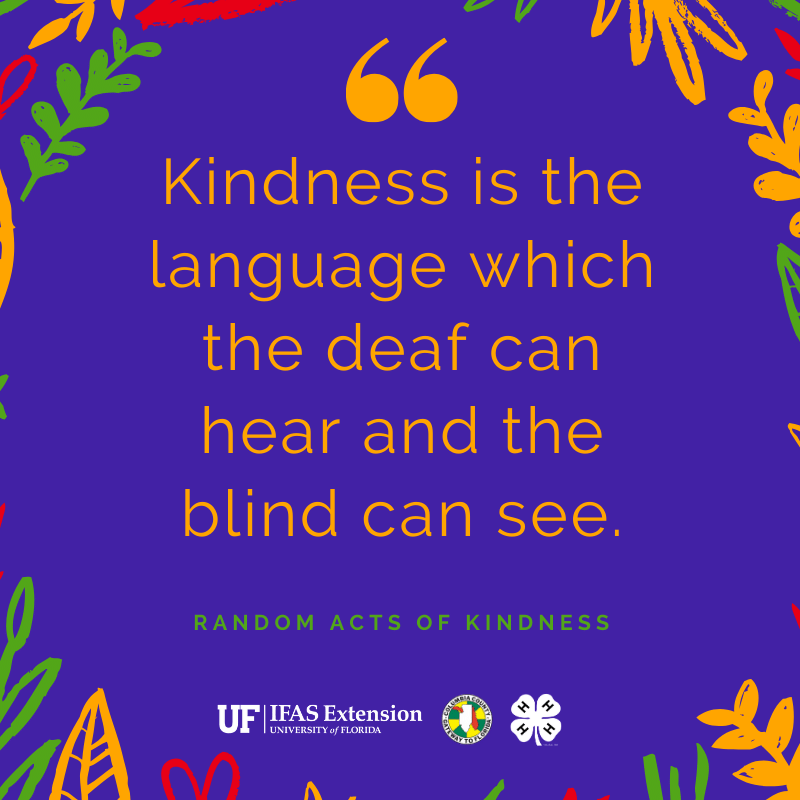Emotion is defined in the Oxford English Dictionary as “any agitation or disturbance of mind, feeling, passion; any vehement or excited mental state. Emotions are a part of every human being. There are hundreds of emotions along with variations, mutations, and blends of those emotions. They tell us about what we are experiencing and help us to know how to react. There are no good or bad emotions, but there are good and bad ways of expressing (or acting on) emotions.
Emotional Awareness
The older we get, the better we can understand and identify emotions. We do start to identify and actually put into words those things we are experiencing. Little kids react many times with pouting, screaming, giggles, or unidentifiable reactions; however, emotional awareness allows us to better identify what we are experiencing as we get older and allows us to respond more suitably. The more awareness we have, the more we can begin to identify the words that describe how we are feeling and are able to say why we are feeling that way.
This emotional awareness helps us to know what we want and need and helps us to better build relationships. This allows us to talk about our feelings more clearly and to avoid or resolve conflicts. Emotional awareness allows you to move past difficult feelings more easily. Some people are easily more in touch with how they feel and their emotions than other people are. However, everyone can become much more aware of their emotions if they practice it. Its important to note that emotional awareness is a move towards building emotional intelligence.
Emotional Intelligence
Emotional intelligence or EQ can help people to succeed in life. EQ is not the same thing as IQ. Its sort of like that whole “book smarts” versus “world smarts” thing but a little deeper than even that!
 EQ is something that has been a hot topic recently. It is when individuals have the ability to recognize, understand, and manage their own emotions and the emotions of others. In other words, EQ helps us to be aware that emotions drive our behavior and positively or negatively impact others. Increasing our emotional intelligence allows us to better control and manage those emotions especially under pressure. EQ is especially important when giving and receiving feedback, meeting tight deadlines, dealing with challenging relationships, dealing with change, and dealing with setbacks and failure.
EQ is something that has been a hot topic recently. It is when individuals have the ability to recognize, understand, and manage their own emotions and the emotions of others. In other words, EQ helps us to be aware that emotions drive our behavior and positively or negatively impact others. Increasing our emotional intelligence allows us to better control and manage those emotions especially under pressure. EQ is especially important when giving and receiving feedback, meeting tight deadlines, dealing with challenging relationships, dealing with change, and dealing with setbacks and failure.
How do the two intermingle?
Having awareness is not the same thing as having intelligence. Apply that back to IQ. Having book smarts doesn’t always mean that you can apply that to real world interactions. In turn, if you are aware of emotions, and you use that awareness to help you to manage those emotions and manage your reactions to others, then you have mastered both. Why is this important? Well, having emotional awareness and emotional intelligence can help to better your relationships and your interactions with others. It helps you to react in a more understanding way. For example, when someone is having a really bad day because they failed a test or their parents fussed at them before school, and they come to school and aren’t really nice to you or they forget their part of a group project. Having the understanding that there is a lot that goes into their current emotional state, should help you to react a little more calmly and to be able to respond to them in a way that would not further their current state of emotional distress.
It all boils down to helping us spread a little more kindness in the world. To download a copy of this click here: Awareness and Intelligence with Emotions Fact Sheet.

 1
1
